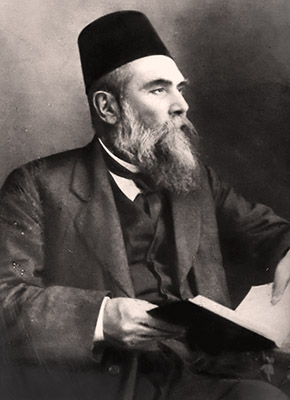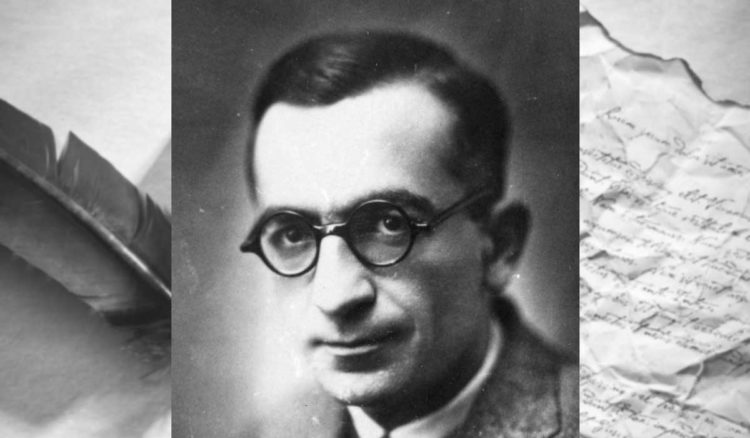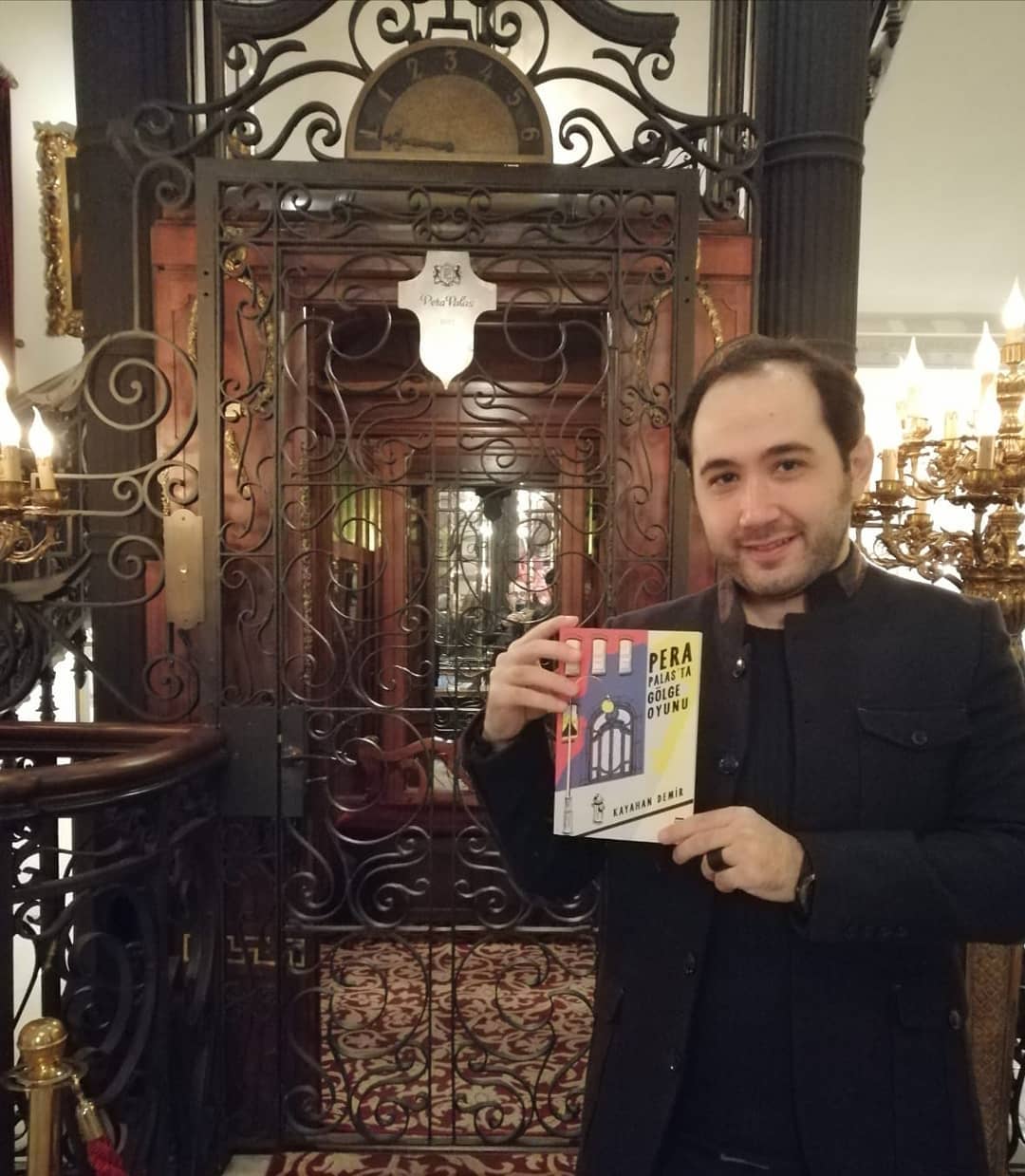Pursuing the truth in world literature, crime fiction is just a fun read for most but for some it is a serious passion. Morgue Street Murder story by American poet Edgar Allen Poe published in Grahm’s Magazine marked the first example of the genre in the West. In Turkey, first crime fiction appeared 40 years later. Western cultural influences as a result of Tanzimat Reforms and Crimean War caused French crime fiction novels to be translated to Turkish. Dozens of novels were translated between 1889 and the start of the 20th century. Turkish readers became very familiar with dark streets, murders, clues and detectives. Reigning sultan of the time Abdulhamid II, himself an avid reader of the genre, might have expedited the proliferation of crime fiction in the Ottoman Empire. Following 1908 Sherlock Holmes and Arsene Lupene were translated which are still popular to this day. First Turkish crime fiction came out not long after.
From Tanzimat Literature to Crime Fiction

Murders, detectives solving these murders at the same time with the readers and the murderers who aren’t caught until the end of the book became the favorites of the Turkish populace during the reign of Sultan Abdulhamid II, a big fan of crime novels. It wasn’t surprising that not long after first crime fiction of Turkish Literature was published. Famous Tanzimat era author Ahmet Mithat Efendi’s “Murder Mustery” was published in the daily newspaper Tercüman-ı Hakikat in 1883 and came out as a book the following year to become the first example of the genre in Turkey. Following this Ahmet Mithat Efendi wrote “Thug Montari” in 1888 and Fazlı Necip of Selanik wrote “Villian or Innocent?” in 1901. Crime fiction gained momentum with other Turkish novels written by Fazlı Necip who became famous with his translations of Arsene Lupene.
Towards Modern Crime Novels

In 1913 Ebussüreyya Sami wrote “Inexorable Avni” series, also dubbed “Turkish Sherlock Holmes”. In the series widely imitated by other authors, the detective Inexorable Avni solves murders with his unparalleled skill in disguises. Undecievable Zihni written by Hüseyin Nadir also captured success and came to be known as the “Arsene Lupin of the East”. In 1920s, most famous crime novel character of our country appeared, Cingöz Recai. Written by Peyami Safa under the pseudoynm Server Bedi reached immense success even though it was inspired by Arsene Lupin. What made the novels unique was the focus on stories and staying away from distracting overly detailed descriptions.
Contemporary Crime Fiction Novel in Turkey

When thinking of contemporary crime fiction novel authors, a lot of names might come to mind. One of these names is Celil Oker, born in Kayseri in 1952. Awarded first place in Cactus Crime Fiction Competition in 1988 with his first novel “Naked Corpse”, Oker in the same year became a prelector at the Bilgi University Communication Faculty. He shared his valuable experiences with his students on creative writing and advertising writing until the very end of his life. When he passed away in 2019, Oker had become one of the favorite authors in Turkey with his crime fiction novels which he wrote after working as a translator, journalist and encyclopedia author. He left behind the valuable legacy of 10-book series of realistic and captivating detective Remzi Ünal stories to fans of the genre.
“The Important Thing is to be Liberated from the Liberators”

After 1990, “Good crime fiction is good literate” view became popular in Turkish literature. One of the famous names of this period Ahmet Ümit was born as the youngest of seven siblings in Gaziantep. First book of Ümit “Barefoot was the Night” was published in 1992 and introduced him to the world. “Fairy Tale in Fairy Tale”, a collection of stories from his mother, was used as a textbook in many schools. In 1996, “Fog and Night” was published in Greece to become the first translated Turkish crime fiction novel. Ahmet Ümit, who writes TV show scenarios and reviews about world famous crime fiction authors blends crime fiction, mythology and archeology in his last book, “Land of Lost Gods” and invites the reader to a brand new and exciting journey.
Shadow Play in Pera Palace

It all started with Abdulhamid II’s passion with crime fiction… Kayahan Demir, born in Istanbul in 1988, takes crime aficionados on an adventerous journey into history’s mysterious realities in his book Shadow Pay in Pera Palace, published in 2021. Double major graduate of Istanbul University Science Faculty Mathematics Department and Astronomy and Space Sciences Department author Demir’s book is led by a detective character who is a graduate of mathematics and has a master’s in cryptology. The excitement of mysteries and cryptic puzzles begins right from the start.
A Very Special Festival in Istanbul

In the heart of Beyoğlu Pera Palace Hotel has hosted “Black Week Festival” since 2015, the first and only crime fiction organization of Turkey. 7th edition of the event organized between December 17-18 2021 by the support of İstanbul Municipality Department of Culture handled the theme of author John le Carre. Among the guests on day 1 were journalist-author Murat Yetkin, author Tuna Kiremitçi, who has recently been in the spotlight with his crime fiction articles and horror-thriller author Işın Beril Tetik; on day 2 were Armağan Tunaboylu, Ercan Akbay and project heads Sami Dündar, Suat Duman ve Devrim Kunter with their stories in Dark İstanbul anthology, “Ship to the Unknown” podcast founders Deniz Altunay and Olcay Mağden Ünal met with İstanbulites. Event committee member and guest Ahmet Ümit talked about crime fiction themes in Greek Mythology with his engaging narration, sincerity and inspiring anecdotes. All sessions of the event was free to attend.
These articles may also be of interest to you:
10 Novels You Will Travel to Old Istanbul While Reading

